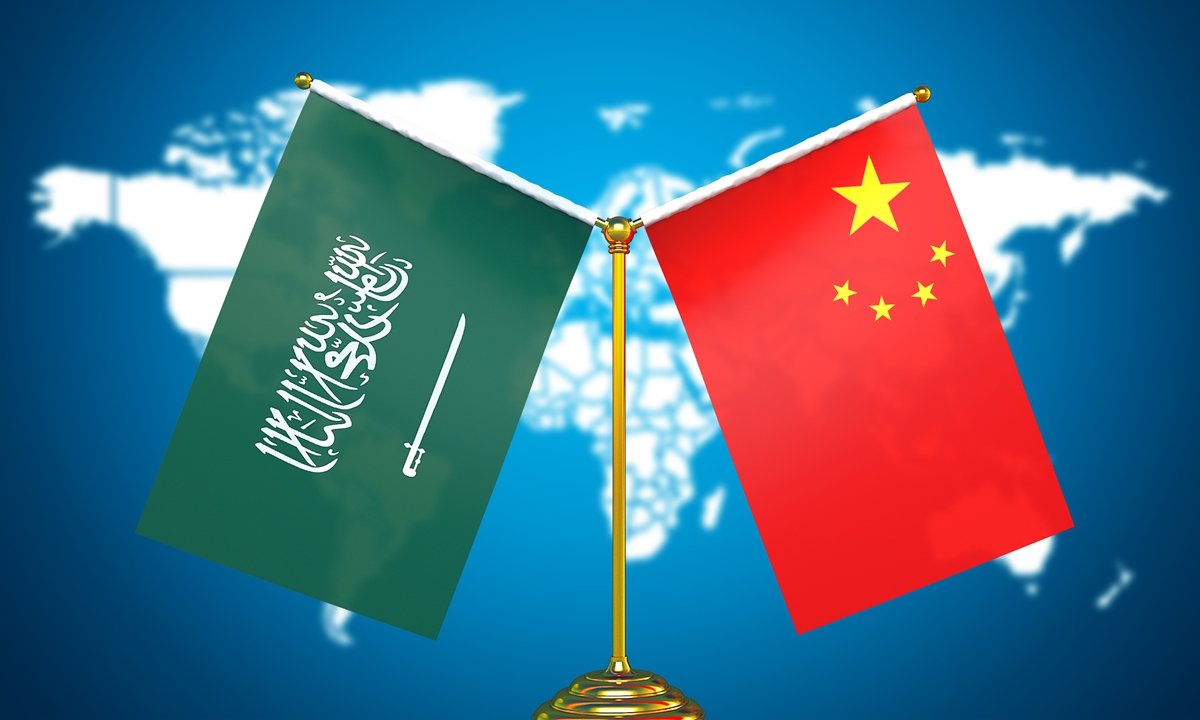US Restrictions on AI Exports: An Analysis of the China-Saudi Arabia Cooperation and Its Implications
In an evolving global landscape marked by rapidly changing geopolitical dynamics, technological advancement is often at the forefront of international tensions. A recent instance highlighting this tension involves the increasing cooperation between China and Saudi Arabia in the realm of Artificial Intelligence (AI) technology. The US has responded to this development by imposing stricter export license requirements, specifically targeting Graphics Processing Units (GPUs) manufactured by leading companies such as Nvidia and AMD. These GPUs play a pivotal role in the creation of generative AI models.
Deciphering the Motive: The US Perspective
The US’s decision to tighten controls on the export of these GPUs has been reported by various media outlets. One underlying sentiment echoed in these reports is the belief that the US aims to hinder China’s technological progression. But it’s essential to examine whether this action solely targets China, or if there’s a broader strategy in play.
In scrutinizing the developments that led to this move, we learn of Professor Xu Jinchao, an American Chinese mathematician affiliated with Saudi Arabia’s King Abdullah University of Science and Technology. Professor Xu had introduced an Arabic-centric large language model (LLM) named AceGPT. This AI model was developed in collaboration with the Chinese University of Hong Kong, Shenzhen, and the Shenzhen Research Institute of Big Data. Such a model serves as a testament to Saudi Arabia’s ambitions to spearhead AI technology in the region. Their goals are not limited to the creation of advanced language models; they extend to pioneering supercomputers and other foundational tools for generative AI systems, including chatbots.
In light of these collaborations and advancements, the US has expressed concerns over the potential technology transfer between China and Saudi Arabia. This apprehension is the driving force behind the reinforced GPU export restrictions. It appears the US is not merely concerned about China’s technological ascent but is also wary of Saudi Arabia’s burgeoning AI capabilities.
Analyzing the Impact and Ethics of the US Move
Li Haidong, a seasoned professor at the China Foreign Affairs University, provides an insightful perspective on this situation. According to Professor Li, the US is positioning itself for a great power rivalry with China. He suggests that by attempting to impede China’s growth, the US inadvertently stymies Saudi Arabia’s progress in the AI sector. This viewpoint brings up several pressing questions about the ethical ramifications of such a move.
To obstruct cooperative ventures between nations in the domain of technology, especially one as transformative as AI, is a matter of significant concern. AI holds promise not just for individual nations but for humanity at large. By imposing such restrictions, is the US compromising the collective advantage that advanced technology offers? Professor Li certainly thinks so. He argues that the US’s actions risk jeopardizing the progress of the AI industry, an industry whose primary mission is to enhance human well-being.
The Larger Picture: China-Saudi Arabia Relations
Delving deeper into China-Saudi relations provides a broader understanding of the stakes involved. The partnership between these two nations isn’t limited to AI alone. They have collaborated extensively in various sectors, including oil and fostering people-to-people connections. The Belt and Road Initiative proposed by China introduces another layer of complexity, as it aims to diversify collaborations beyond traditional energy infrastructure.
Looking towards the future, it’s apparent that for Saudi Arabia and other Middle East nations, continued cooperation with China is not merely beneficial but perhaps essential. Professor Li underscores China’s positive role in the Middle East, emphasizing its ability to mediate and encourage conflicting parties to engage in constructive dialogue.
Conclusion
As the world becomes increasingly interconnected, technology collaborations between nations are inevitable and arguably essential. Imposing restrictions can have ripple effects beyond the immediate parties involved. In this case, the US’s decision not only affects China and Saudi Arabia but potentially hampers global AI advancement. It remains to be seen how such geopolitical maneuvers impact the larger quest for technological innovation and the shared objective of harnessing AI for the betterment of humanity.
Read More:
